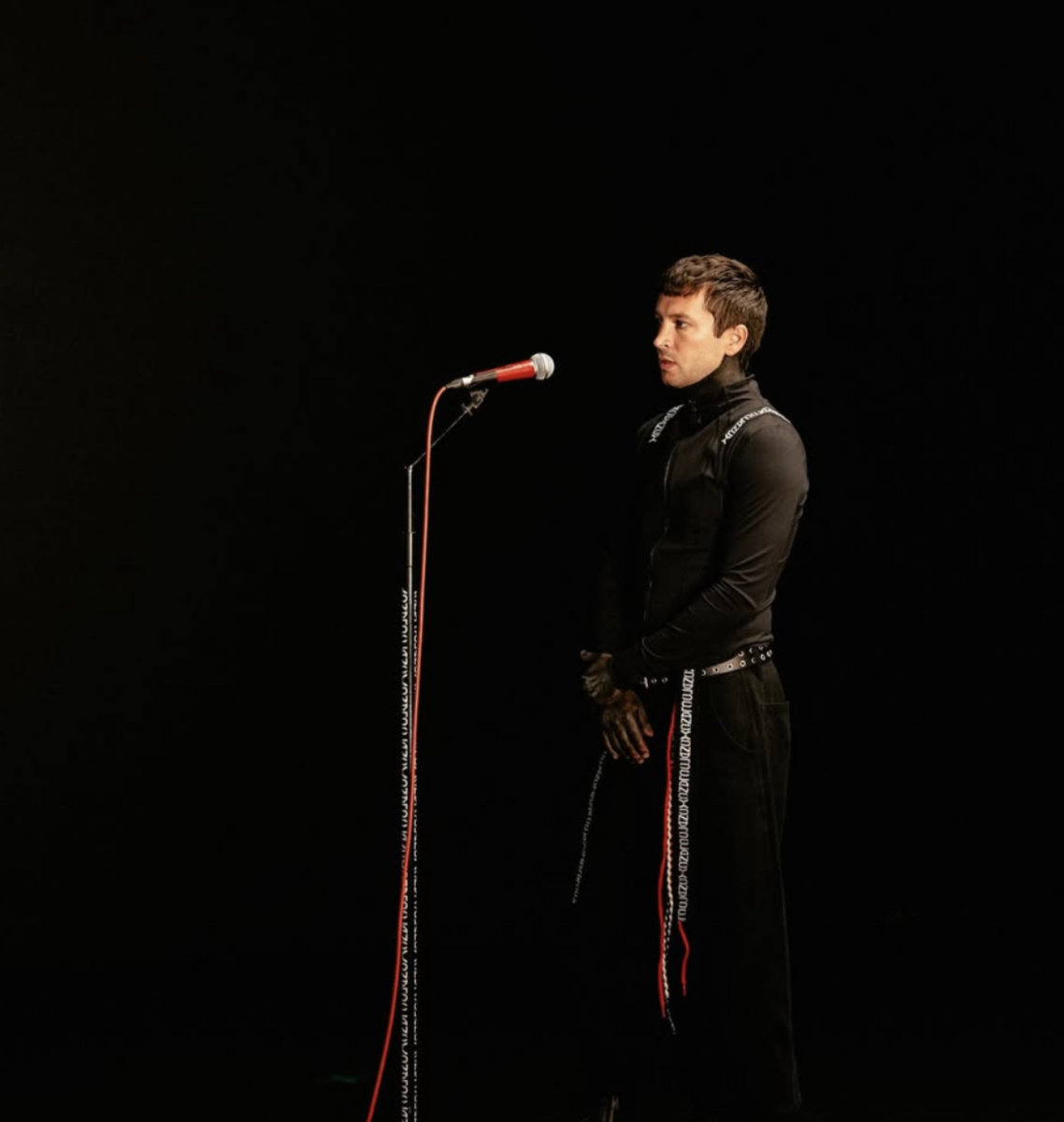
From spies and sex to secrets, “Black Bag” has something for everyone.
Set in modern-day Britain, “Black Bag” follows George Woodhouse (Michael Fassbender), a British spy known for his mastery of the polygraph, aka lie detector test, who has been tipped off to a potential traitor within the agency. One of the suspects is his wife, Kathryn Jean (Cate Blanchett), a fellow spy. The movie follows Woodhouse as he must unravel the conspiracy in order to discover whether or not his wife is the traitor.
Starting with the positives, “Black Bag” is, overall, a very well-done film. The plot is engaging, filled with twists and turns that keep the audience on their toes, questioning who the real traitor is. The introduction of the six main characters is also very clever. They are introduced to us at a dinner party at the beginning of the movie, during which various characters’ relationships and specific character quirks are clearly established. One mild criticism of the plot is that although it is exceptionally well done and thought-out, it can get overly technical at times, leaving the audience a bit confused. The somewhat large main cast of characters and their competing storylines contribute to this issue.
From a visual perspective, the movie is well directed, in typical Steven Soderbergh style. There are loads of interesting camera work — whether it be wide shots of two characters talking on a boat or minutes-long point-of-view shots to give the audience a sense of what the character is feeling.
While on a technical level, the film is extremely proficient, and the plot truly delivers a concise and consistently exciting spy thriller, I never felt fully invested in the story. Yes, the film is an entertaining watch with a well-thought-out structure, yet I could not help but feel that it was hollow, as if something was missing that reduced the movie’s replay value and my active enjoyment. This is because the film does not succeed in making you emotionally invested in its characters.
There are a few reasons for this glaring issue. Some of the characters are outright bad people who you do not want to root for, while others are decent people, but the performances from their respective actors are stale. The most notable example of this is Fassbender as Woodhouse, whose performance is surprisingly lackluster. This is most likely not the fault of the actors and actresses, but rather the directorial direction, as Fassbender has proven to be a great actor with wonderful performances, such as his lead role in “Steve Jobs” (2015).
The film attempts to lean into the typical nonchalant British spy stereotype with Woodhouse, but does so without giving a more in-depth background or even a reason to care about the character at all. Much of the case suffers from this issue, and combined with the monotonous performances, it does not give the audience much reason to care about anyone, a necessary component in a high-stakes spy thriller. This key component, I feel, is what makes the film fall short.
From a visual standpoint, I also have a few nitpicks. Something in the post-production makes the film look too glossy. This is not to say the movie looked downright bad — there were certainly aesthetically pleasing decisions made. It opted for the usual luxurious appeal most British spy films have, with mansions and sleek-looking technology. However, something about the finishing of the movie made the lens flares much more noticeable and the lighting weird. While this is a small complaint, it still broke my immersion in the story from time to time, an immersion that was already tenuous at best.
While “Black Bag” is a fun movie, it is one I will likely not revisit anytime soon. If you are looking for a well-done film with a tight and consistent plot that keeps you guessing, this is an excellent choice to watch when it comes out on streaming services. It is a solid spy flick, but I would really only recommend it to someone who likes the genre.



















